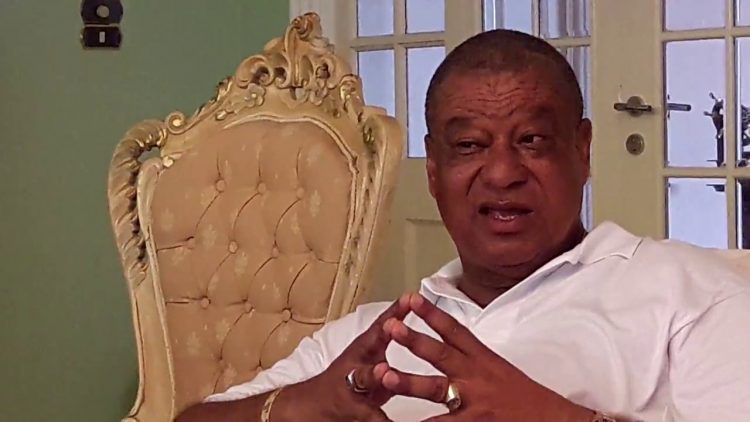On February 4, a resolution was introduced in the US Congress, H.Res.907 which calls for increased transparency and accountability in Liberia.
Almost immediately after the resolution was made public, the focus in Liberia has been on its call to “continue to impose targeted sanctions and other measures against those responsible for undermining the rule of law as well as the faith and trust of the Liberian people through the conduct of corruption, gross violations of human rights, and other acts that threaten the peace and security of Liberia.”
The US has made clear that it intends to pursue any and all individuals suspected of undermining the rule of law or engaging in corruption. The recent sanctioning of Prince Johnson makes this abundantly clear, and various leaks from key DC policymakers suggest that the recent destabilizing actions of Benoni Urey of the All-Liberia Party (ALP) is currently attracting lots of negative attention in Washington.
The warning from the US Congress in the form of the latest resolution – which, sources have confirmed, is not likely to face any resistance when it is put to a vote as soon as next week – comes during a critical time for Liberia’s democracy.
One of the leading contenders for the presidency and member of the now-defunct Collaborating Political Parties (CPP), Alexander Cummings of the Alternative National Congress (ANC) faces an ongoing trial for allegedly altering the framework document of the CPP. As is now well-known, the root of this accusation comes from Benoni Urey of the ALP, who many blame for tearing apart the most promising opposition coalition to challenge the ruling Congress for Democratic Change (CDC) in next year’s elections.
The subsequent legal proceedings against Cummings – for which Urey is wholly responsible for orchestrating – has made abundantly clear the politicized nature of the accusations against Cummings. As a recent op-ed in FPA asked, “Do we not find it fishy that Urey, Boakai and Karnga-Lawrence, supposed opposition leaders, are working with the GoL to breakup and destroy the CPP, the collaboration that they themselves are supposed leaders of? Do we not see that this is not because any Framework Document alteration, which they have all had access to and operated under for the last two years?”
The sequence of events leading up to former CPP member parties collaborating with the government in the trial against Cummings has not been lost on key policymakers in Washington. Leaked text messages from the Chief of Staff to US Congressman Chris Smith said the trial “appears to be on trumped-up charges” and has “not been well-received”, adding that “Now Benoni Urey and his daughter Telia have also attracted attention” in Washington. Indeed, Henry Costa, the talk show host who calls Urey his “political leader” admitted that “The govt is working for us.”
The extent to which rule of law is threatened by the continuing politicized trials was only made more clear when the Liberty Party’s Sen. Nyonblee Karnga-Lawrence took her party chairman Musa Bility to court last week for the same thing Cummings is accused of: altering the party constitution.
This week, in what is sure to make policymakers in Washington yet more uncomfortable, the chief prosecutor of Cummings’ case Cllr. Syrennius Cephus announced that the trial against the ANC leader is meant to tame his “swollen ego” before repeating many of the same lines Urey himself has used since launching his charges against Cummings.
There are many individuals in Liberia that are likely already facing scrutiny in Washington as it prepares its next round of sanctions targeting those threatening the rule of law and stability in Liberia. But there is one who remains at the top of the list for threatening the rule of law and political stability of the country: Benoni Urey. Washington is already taking notice.






